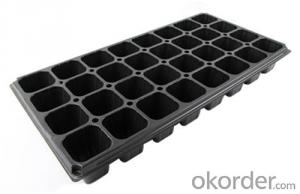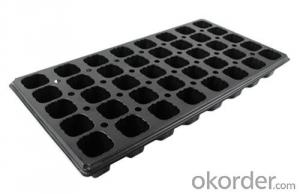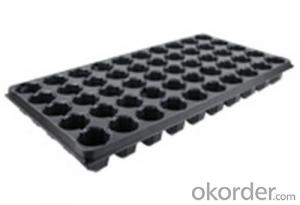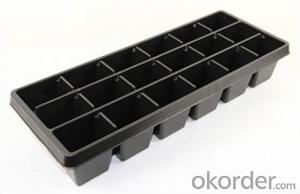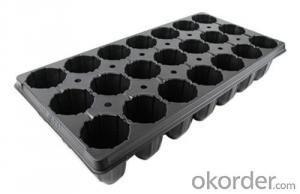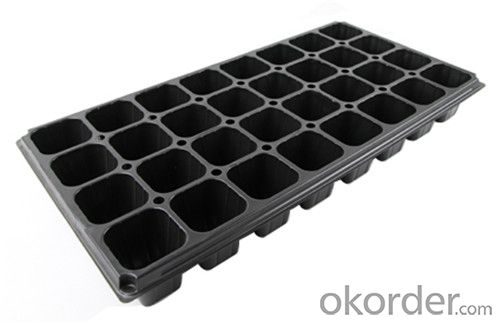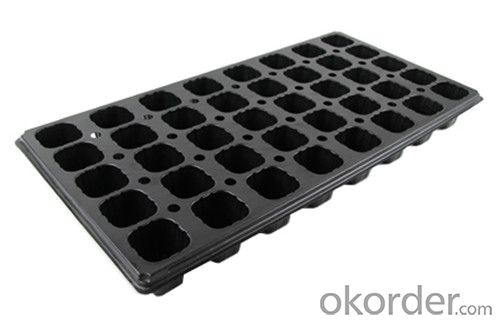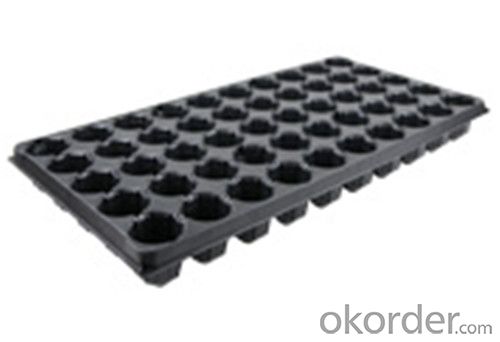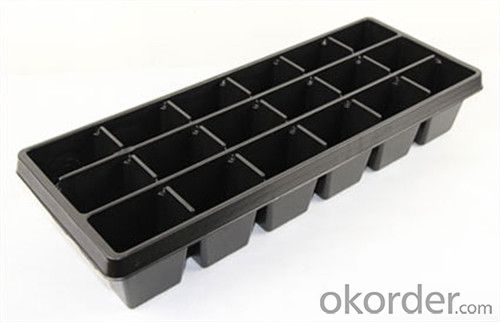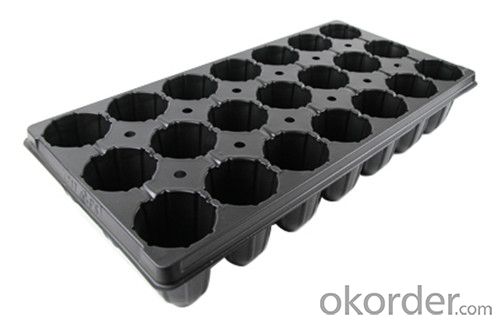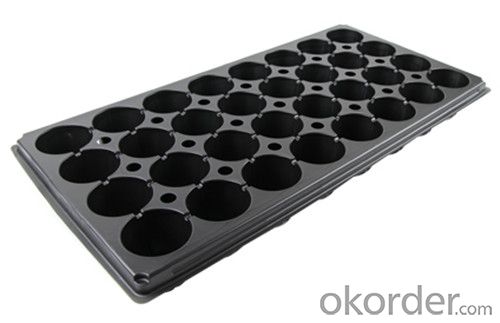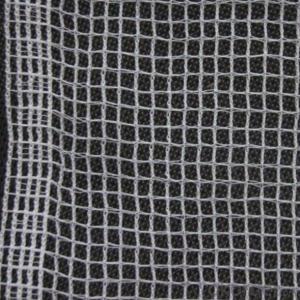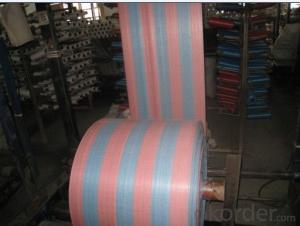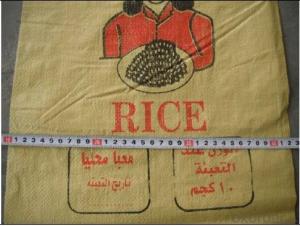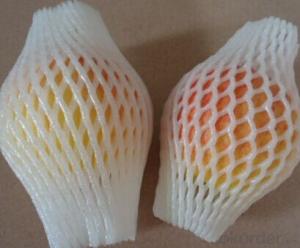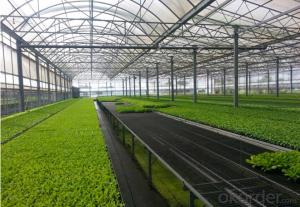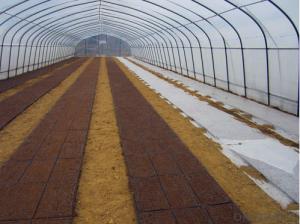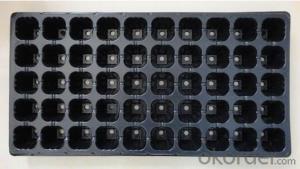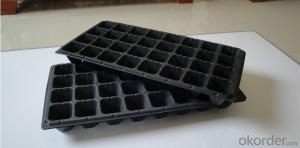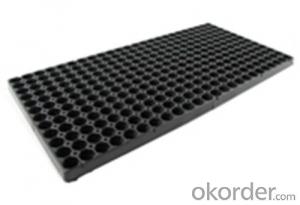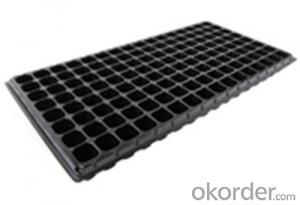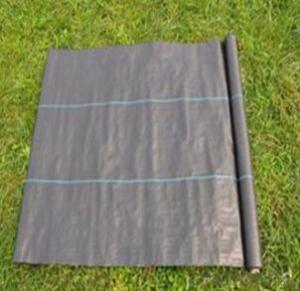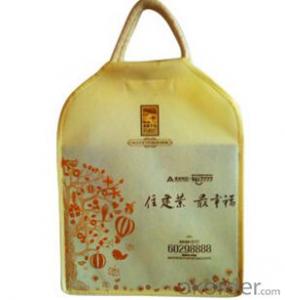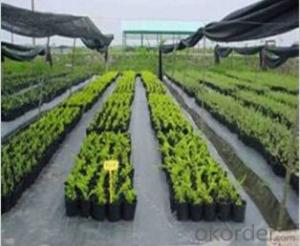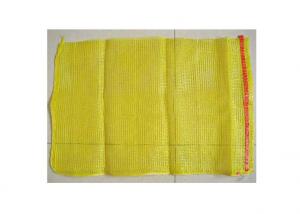Plastic Seed Tray Plug Tray for Green House Nursery Tray
- Loading Port:
- China main port
- Payment Terms:
- TT OR LC
- Min Order Qty:
- 1000 pc
- Supply Capability:
- 100000 pc/month
OKorder Service Pledge
OKorder Financial Service
You Might Also Like
Structure of the seed tray:
Top quality and competitive price.
Variety design and good appearance.
Easy to use, and remove.
Durable and reusable.
Eco-Friendly.
Description Main Features of the seed tray:
Ideal for Starting seeds and Transplanting Seedling.
Suitable for both manual and automatic planting.
Suitable for Propagating Vegetables, Flowers and other plant from seed in green-house or indoors.
Seed Tray Images:
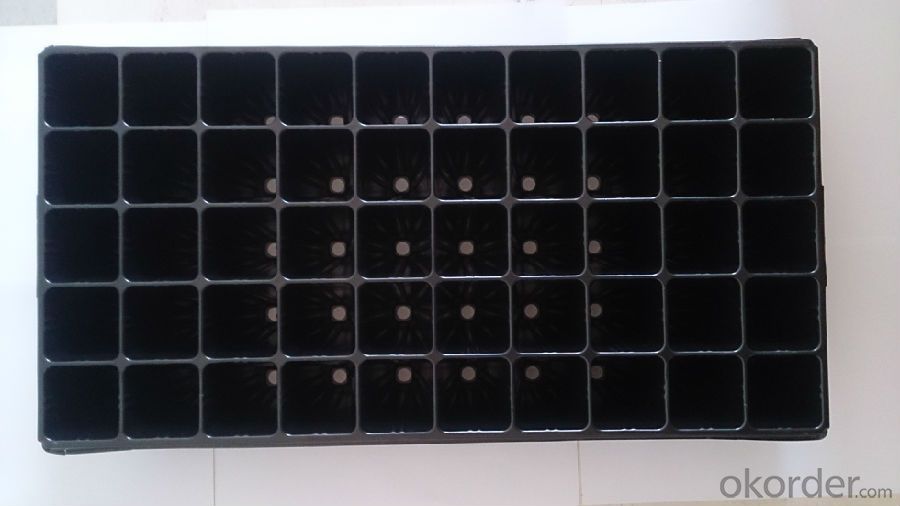
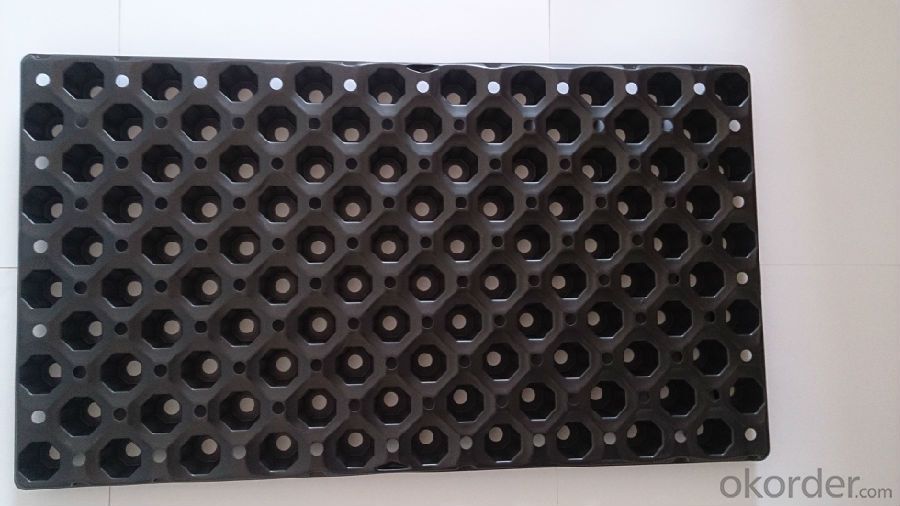
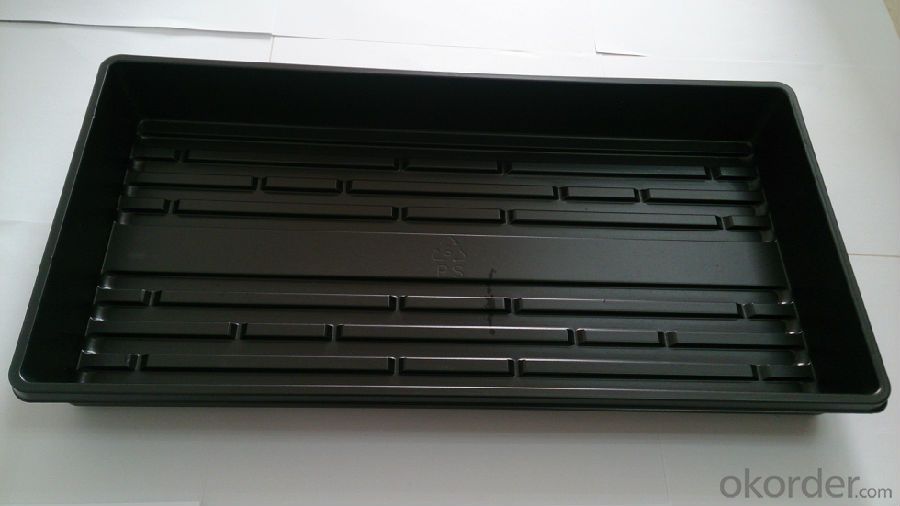
Seed Tray Specification:
Material: HIPS/PVC
Thickness: 0.5mm-1.5mm, Standard:1mm
Weight: 80g(±5)g-230g(±5)g, Standard weight:155g(±5)g
Size: length:490mm-540mm, width:190mm-345mm,depth:25mm-150mm
Standard:54mmX28mm
Cell count: 18-512
Package: carton
Using time: 8-10 times
FAQ:
Q:How Can I Get A Sample?
A:You can get samples by communicate with our export sales.
Q:How Long Is Delivery?
A:Delivery time will be 7-25 days according to order quantity.
Q:What Is The MOQ?
A:Our MOQ is 1*20FT container quantity, allow to mix several items.
Q:What Is Our Normal Payments Terms?
A:Our normal payment terms now is T/T, L/C or Western Union,Papal.
Q:How Do I Order Your Products?
A:You can check our website for any items you interest and you can also get communication with our export sales and order for it accordingly.
Q:What Kinds Of Material We Use In Our Product?
A:Our plastic flower pots use material such as PP polymer or PE polymer.
Thickness vs. Weight
Thickness of trays are from 0.5mm to 1.0mm.
1.0mm: 155g±5g; 100pcs/ctn.
0.9mm: 140g±5g; 120pcs/ctn.
0.7mm: 110g±5g; 150pcs/ctn.
0.6mm: 95g±5g; 180pcs/ctn.
0.5mm: 80g±5g; 200pcs/ctn.
Using time:
thickness of 0.5mm can be used 1 to 2 times.
thickness of 0.6mm can be used 3 to 4 times.
thickness of 0.7mm can be used 5 to 6 times.
thickness of 0.8mm can be used 7 to 8 times.
thickness of 0.9mm can be used 8 to 9 times.
thickness of 1.0mm can be used 8 to 10 times.
- Q: Can nursery trays be used for seedling transplants in raised beds?
- Yes, nursery trays can be used for seedling transplants in raised beds. Nursery trays provide a convenient way to start seedlings and allow for easy transplanting into raised beds.
- Q: How are plastic mesh bags used in onion storage?
- Plastic mesh bags are used in onion storage to provide proper ventilation and air circulation, which helps prevent the accumulation of moisture and the growth of mold. The bags allow for easy inspection and monitoring of the onions, as well as facilitating the removal of damaged or spoiled ones without affecting the rest. Additionally, the mesh design helps to prevent bruising or crushing of the onions, ensuring better overall quality during storage.
- Q: How do you transplant ground cover plants?
- To transplant ground cover plants, start by preparing the new planting area by clearing weeds and loosening the soil. Carefully dig up the entire plant, making sure to include as much of the root system as possible. Gently place the plant in the new hole, ensuring it is at the same depth as before. Fill the hole with soil, firming it gently around the roots. Water the transplanted ground cover thoroughly and monitor its progress to ensure successful establishment.
- Q: i live in Las Vegas and i cracked my plastics on my Kawasaki kfx700 anybody have some cheap ones for sale
- You may check some of the local body shops and see if they have a plastic welder. Its kinda like a hot glue gun, but designed just for welding plastic together.
- Q: How do agricultural plastic products help with crop rotation?
- Agricultural plastic products help with crop rotation by providing an efficient and convenient way to cover and protect the soil during the transition between different crops. Plastic mulches, for example, can be laid over the soil to suppress weeds, retain moisture, and regulate soil temperature, creating optimal conditions for the new crop. Additionally, plastic covers and tunnels can be used to create controlled environments for seedlings, extending the growing season and allowing for earlier or later planting of specific crops in the rotation cycle. Overall, agricultural plastic products contribute to improved soil health, increased yields, and enhanced crop quality, all important factors in successful crop rotation.
- Q: How do agricultural plastic products help with root protection?
- Agricultural plastic products help with root protection by providing a physical barrier between the roots and external factors such as pests, weeds, and extreme weather conditions. These products, such as mulch films or tree shelters, create a controlled environment around the roots, reducing the risk of damage and promoting healthy root growth. Additionally, they can conserve moisture in the soil, prevent erosion, and regulate temperature, all of which contribute to safeguarding the roots and enhancing plant growth.
- Q: How can plastics be produced? In several ways?
- When the material is heated to a certain temperature by a suction machine, a negative pressure is generated by the vacuum pump to adsorb the plastic sheet onto the surface of the model, and then is cooled and shaped into a bubble or bubble shell of different shapes.
- Q: Can ground cover be used in a vegetable garden?
- Yes, ground cover can be used in a vegetable garden. Ground cover plants can help control weeds, retain moisture in the soil, prevent erosion, and provide additional nutrients to the vegetables. However, it's important to choose the right ground cover that doesn't compete with the vegetables for nutrients or space.
- Q: Can nursery trays be used for cacti?
- Yes, nursery trays can be used for cacti. Cacti can be grown in nursery trays as long as they have proper drainage holes and are filled with well-draining soil.
- Q: Are Ps products harmful to the body?
- PC- polycarbonate: for making shirts, bedding, table cloth, clothing fabric; disc substrate materials; electrical and electronic parts, machinery parts, textile industrial structure, building materials and parts, aviation transparent materials such as foam structure.
Send your message to us
Plastic Seed Tray Plug Tray for Green House Nursery Tray
- Loading Port:
- China main port
- Payment Terms:
- TT OR LC
- Min Order Qty:
- 1000 pc
- Supply Capability:
- 100000 pc/month
OKorder Service Pledge
OKorder Financial Service
Similar products
Hot products
Hot Searches
Related keywords
